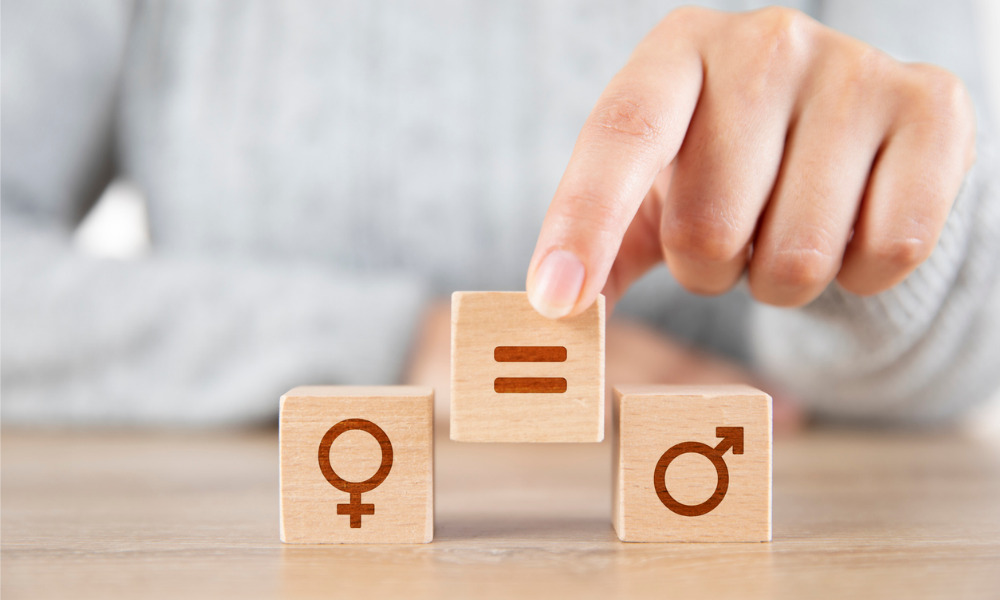
These companies were able to implement lower gender pay gaps and more

Twelve new companies have been recognised by the Workplace Gender Equality Agency (WGEA) as Australia's Employers of Choice for Gender Equality (EOCGE).
The addition of new companies that were granted the prestigious certification this year brings the total 120 Australian employers, who are employing approximately 320,000 employees and offering various benefits, including paid parental leave and flexible working policies.
Business Insider reported that the 12 new EOCGEs include ING Bank, Seven West Media Limited, vitamin manufacturer Blackmores, and fleet vehicle financing service Eclipx.
"We extend our congratulations to these leading employers and look forward to working with them closely to help accelerate positive change across all Australian workplaces," said WGEA director Mary Wooldridge.
"These organisations are delivering on a formula that sees better support structures in place for working families; stronger actions to address pay inequalities; and strategic recruitment and promotion practices that help to encourage the full participation of women at work," she also said.
These companies were set apart following a rigorous application process that put them above for the following factors:
"Our WGEA Employers of Choice for Gender Equality emerge from an evidence-based assessment as Australia’s leading change-makers, who are driving and embedding gender equality in their workplaces and business practices," said Wooldridge.
According to the director, the bar for certification is raised each year to challenge companies in maintaining the leading practice standards when it comes to workplace gender equality.
As a result, she said the EOCGE is making companies close their pay gaps faster, have a higher proportion of women in management, a stronger pipeline of women moving into senior management, a higher representation of women on their boards, and a higher proportion of female employees working full-time.
Read more: WGEA director Mary Wooldridge says rise in Australia’s gender pay gap is 'a warning sign'
To get recognised under the Employer of Choice for Gender Equality, employers would need to take a voluntary leading-practice programme.
According to the agency, while all Australian employers with over 100 staff need to report to them annually to comply with the Workplace Gender Equality Act, those who want to get the OECGE citation would need to pass an additional evaluation process.
In a media release, the company listed the following key requirements before companies get the WGEA citation: